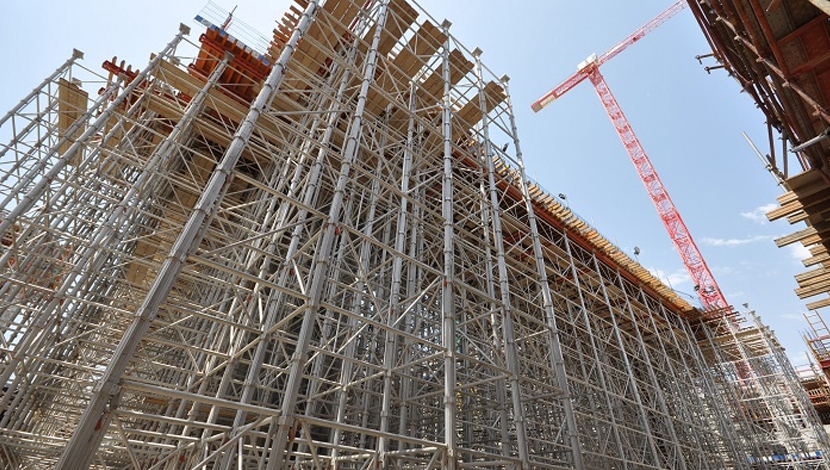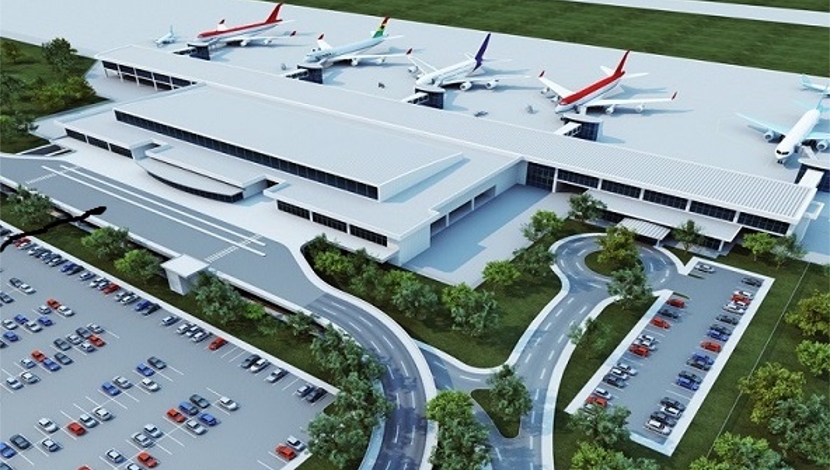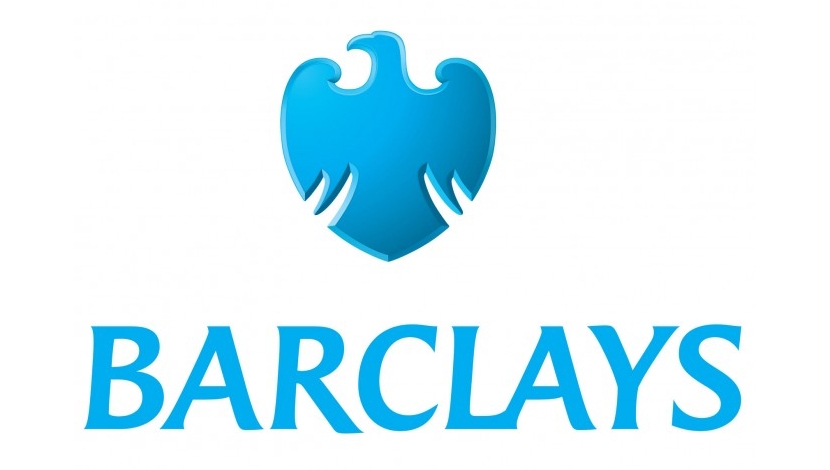

Higher levels of infrastructure investment in the coming months should help Ghana’s construction industry rally after a slow start to 2016, although rising costs risk squeezing profit margins. The construction industry grew by just 0.3% year-on-year (y-o-y) in the first quarter of the 2016, well below the annualised GDP increase of 4.9%, and by just 0.1% on the previous quarter, according to data released by the Ghana Statistical Service in late June.
According to the Ghana Economic Update report, which was produced by the Oxford Business Group (OBG), and made available to the Ghana News Agency; by contrast, Ghana’s construction industry expanded by 6.2% y-o-y in 2015, with growth easing in the fourth quarter. It said with a number of public works projects currently in the pipeline – ranging from housing developments to port upgrades – Ghana is likely to see an uptick in spending on construction projects in the coming months.
The report said increased costs and limited supplies are proving to be increasing challenges for contractors. The report said in late December Ghana saw its first major price hike in electricity and water tariffs since 2013. It said electricity prices increased 59.2% while water increased by between 69% and 89% depending on usage, according to Ghana’s Public Utilities Regulatory Commission; media reports indicate that prices have in some cases risen even higher.
“Meanwhile, Ghana’s cement producers increased the price of cement by 9.6% last year, resulting in a 50-kg bag costing GHS29.3 ($7.3), citing the depreciating cedi as the primary factor for the price change, according to press reports,” it stated. It said both local cement producers and the Cement Manufacturers Association of Ghana have called on the government to address what they consider unfair competition from imports.
Imports currently amount to approximately one million tonnes, in spite of the fact that Ghana’s production capacity of nine million tonnes surpasses local consumption of 6m tonnes, according to a statement from Ekwow Spio-Garbrah, the Minister for Trade and Industry.





